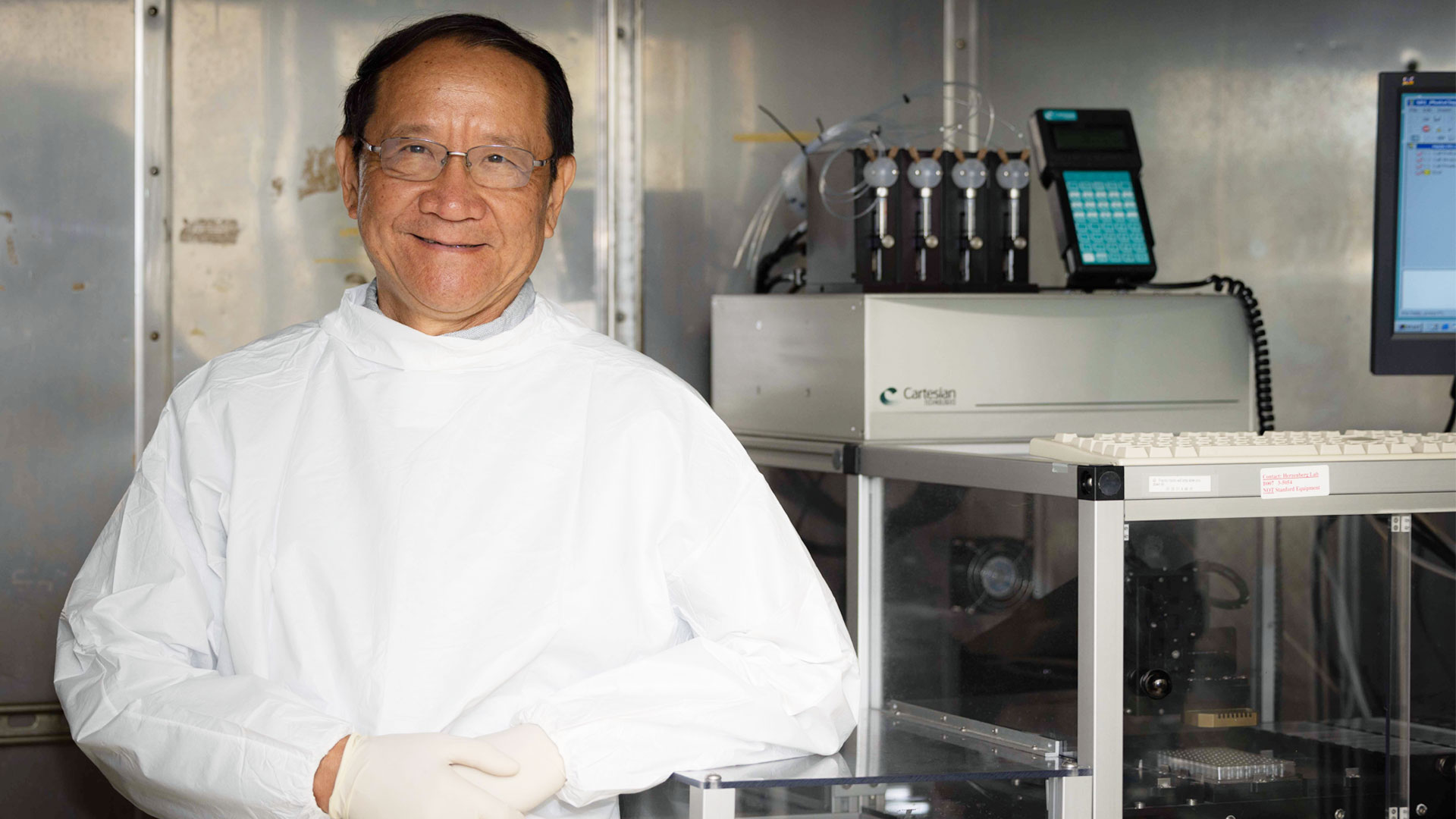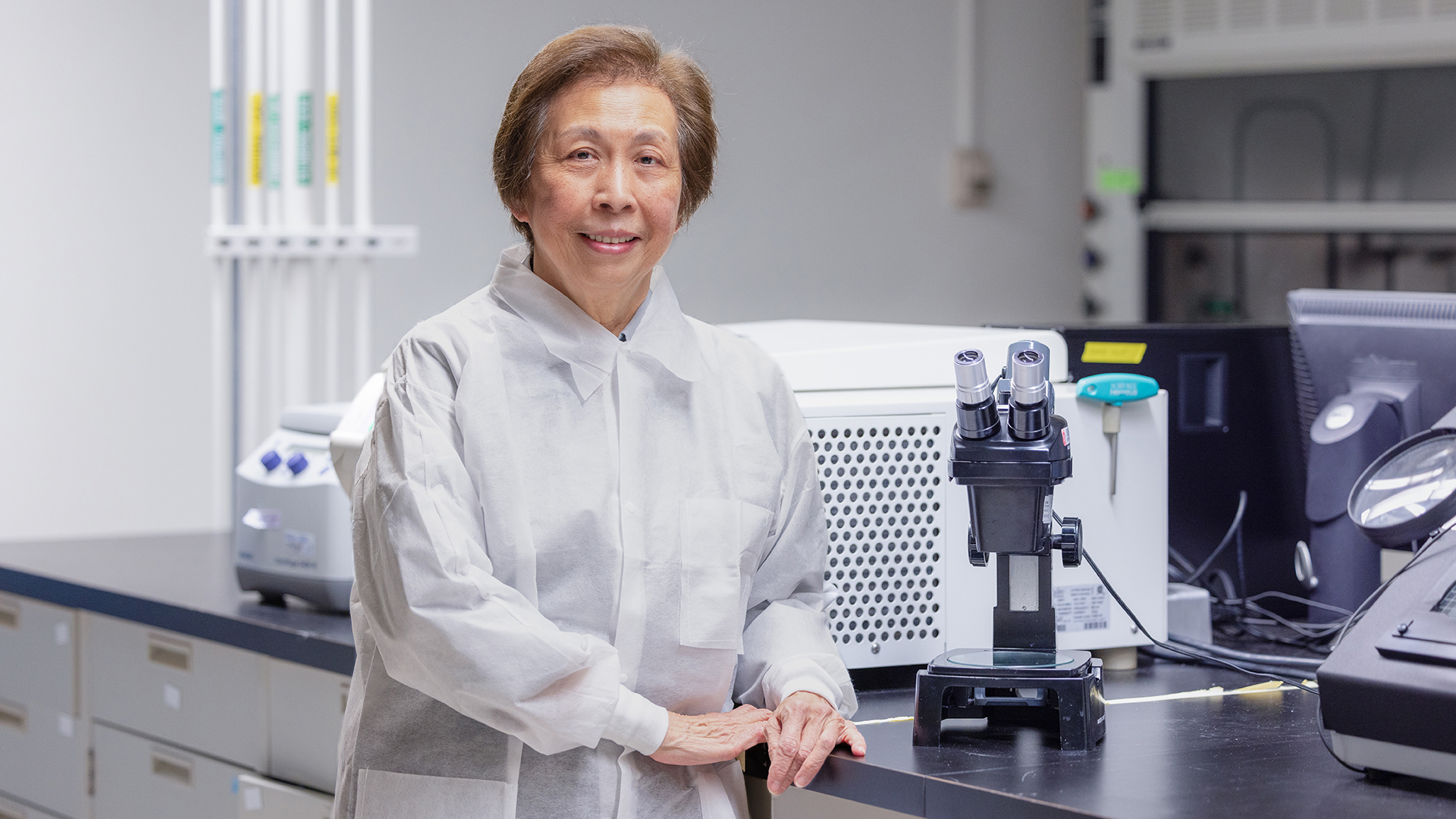Story
-

SRI research shows how Nevada can spearhead the clean energy transition
An economic strategy roadmap crafted by SRI experts and state officials capitalizes on Nevada’s unique lithium supply chain.
-

Kostas Hatalis: Designing multimodal AI for marketing
The CEO and co-founder of GoCharlie.ai is working with SRI to reimagine how digital content is created.
-

SRI Education is using research to improve education in Appalachia
SRI’s REL Appalachia partners with schools and districts to ensure that families and teachers have the resources and knowledge they need to support students.
-

Celia Merzbacher testifies before House Committee on Science, Space, and Technology
Merzbacher, executive director of the SRI-managed Quantum Economic Development Consortium, spoke on the importance of quantum programs, workforce, and R&D.
-

An SRI scientist shares glycomics protocols with the scientific community
Denong Wang of SRI’s Tumor Glycomics Lab discusses strategies to explore sugar chain signatures of microbes and cancers.
-

Exploring the deep connections between adolescent sleep and overall health
Fiona Baker of SRI’s Human Sleep Lab discusses how good sleep patterns are critical for brain development in our early years.
-

SRI seeks to learn how insects speak through smells
Understanding chemical communication among insects could help find new ways to protect crops or ward off biting insects that can transmit diseases.
-

Babak Pahlavan: Creating next-gen personal AI for the workplace
With support from SRI, the CEO and founder of NinjaTech AI is creating the next generation of personal AI for work.
-

SRI’s radioactive contamination treatment is now in its first-in-human trial
The work, conducted by a multi-talented team of scientists, will provide critical data to help establish the safety of HOPO 14-1.
-

Is it real or manipulated? SRI taps AI to spot manipulated media
In the age of disinformation, SRI researchers are helping develop cutting-edge AI tools that can tell manipulated news from real.
-

SRI Education researchers examine K-8 free-use educational resources
Researchers review freely available and adaptable teaching and learning resources for K-8 education curriculum and professional learning.
-

Does artificial intelligence really understand us?
In developing a new metric, known as Conceptual Consistency, SRI researchers measure how much AI truly knows.